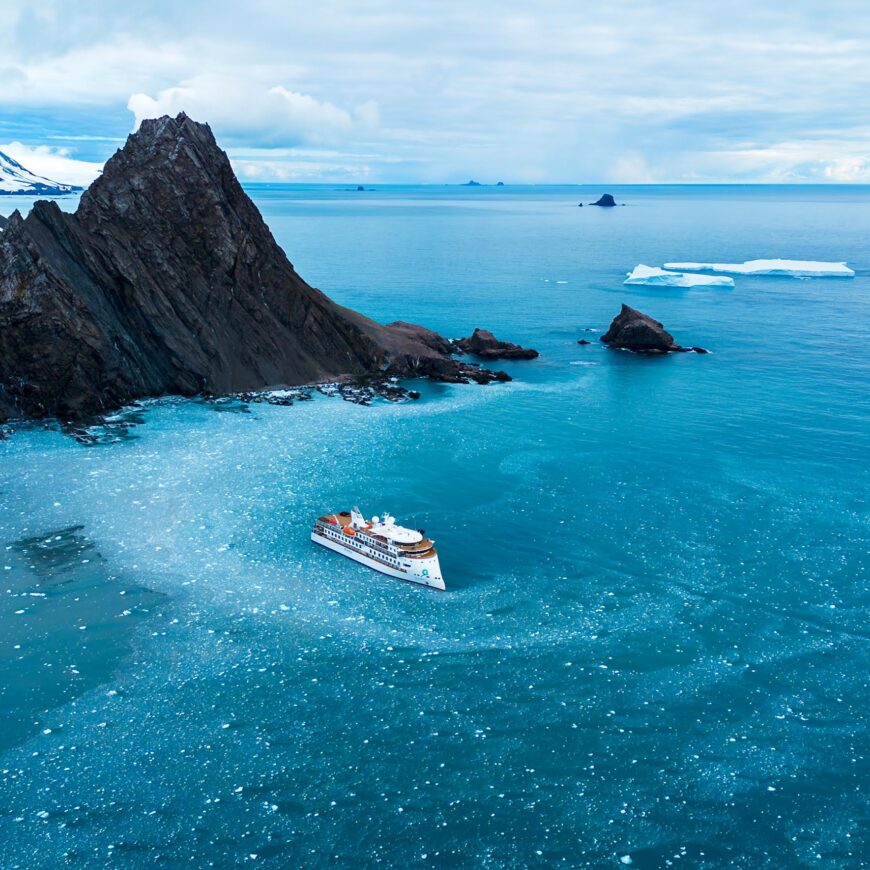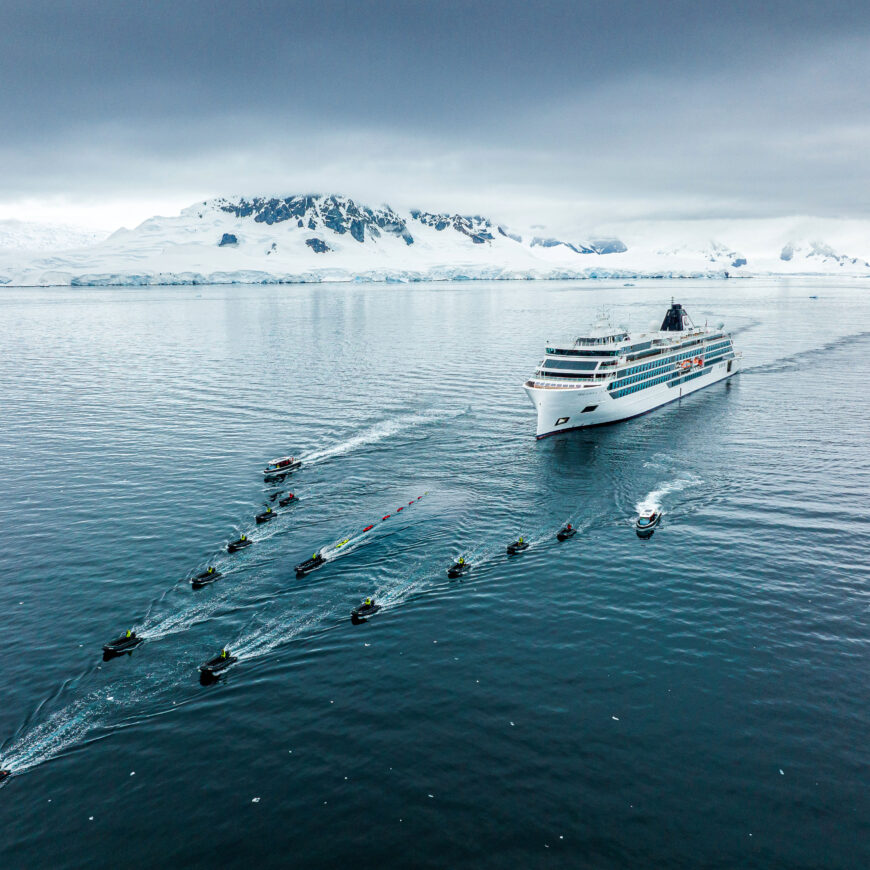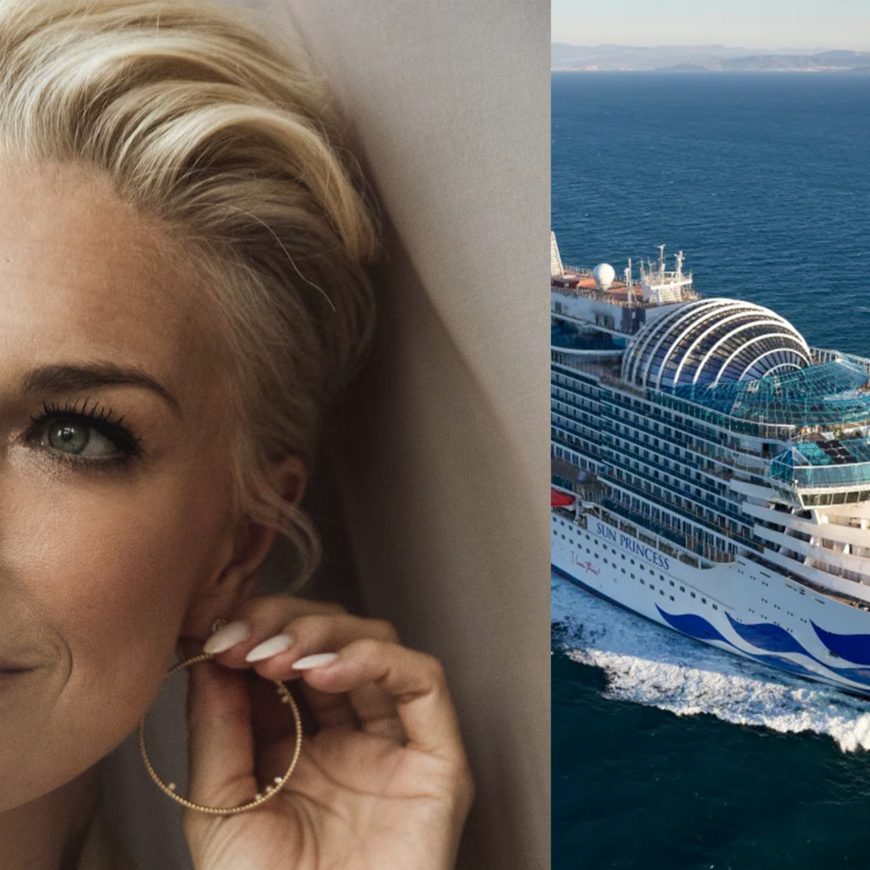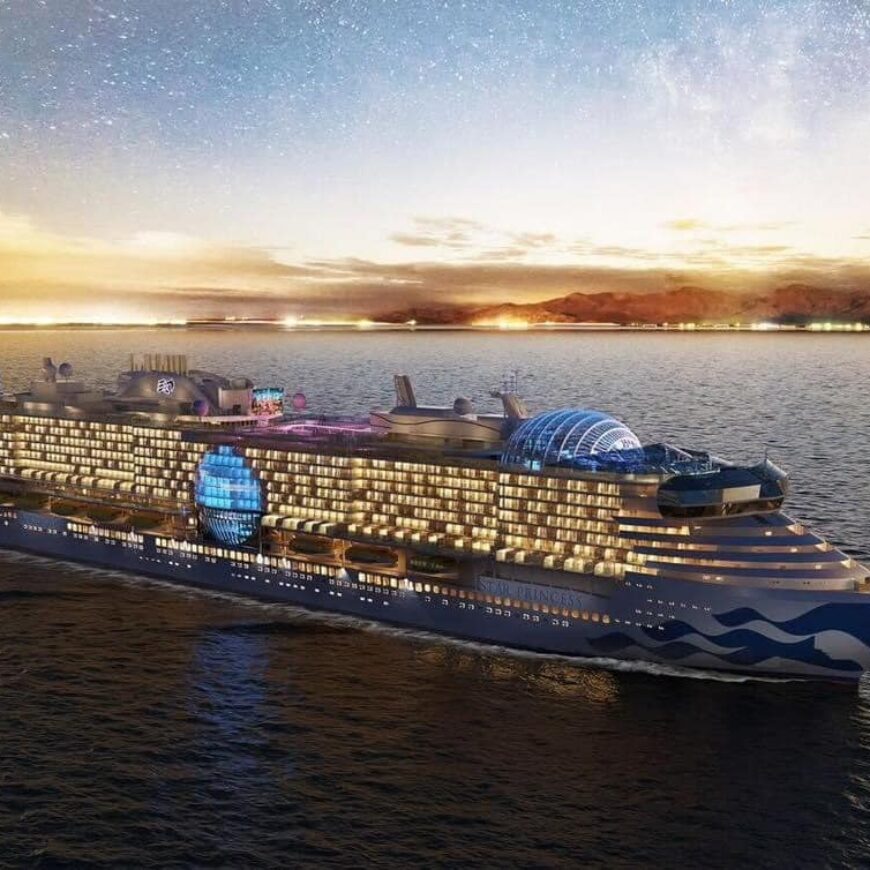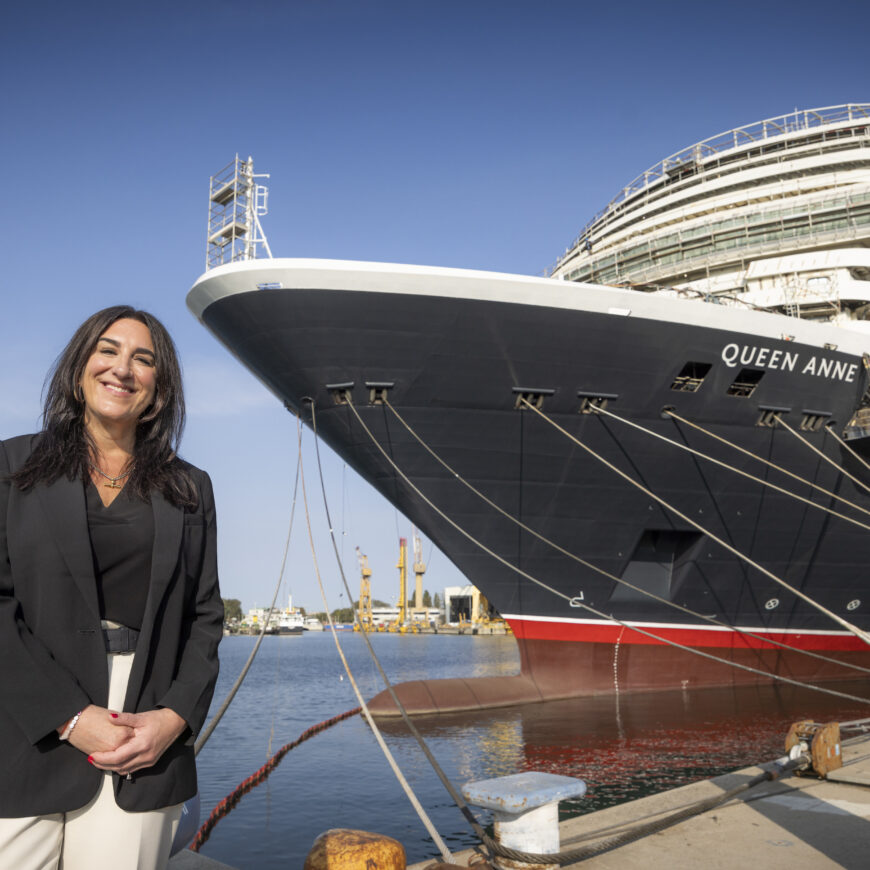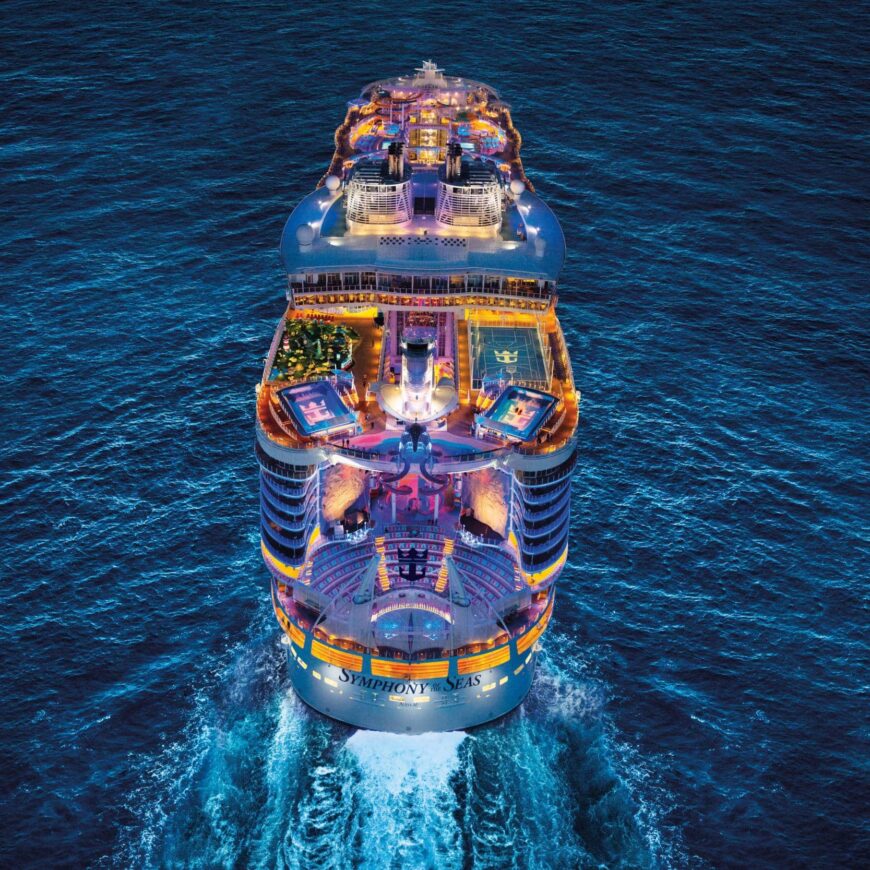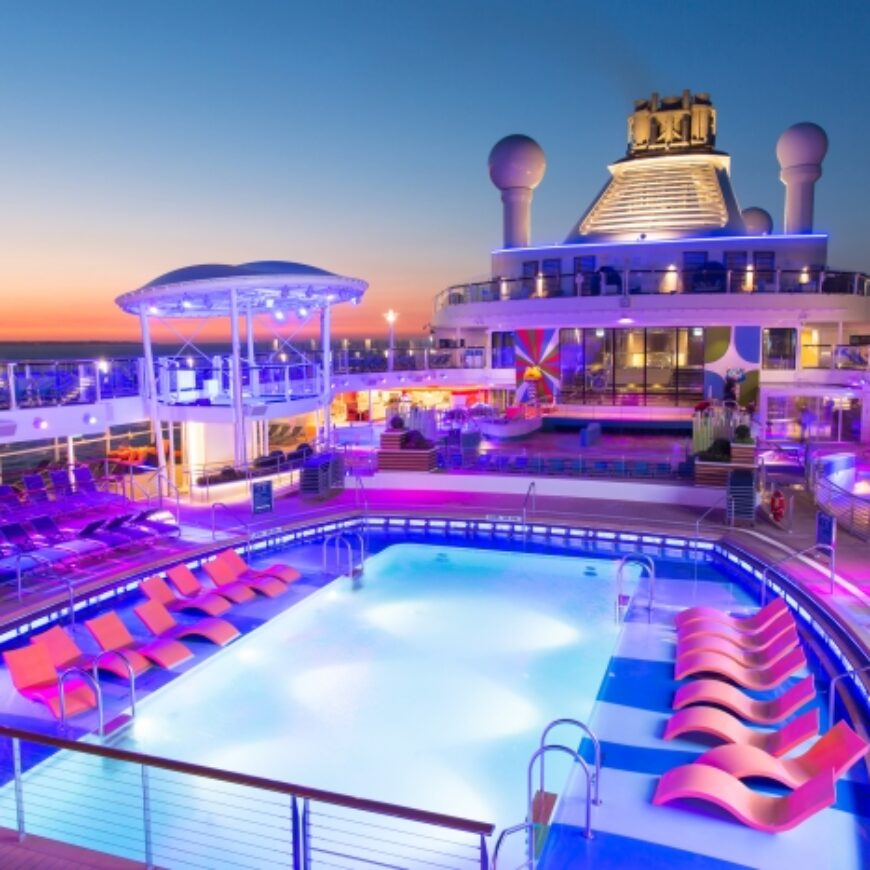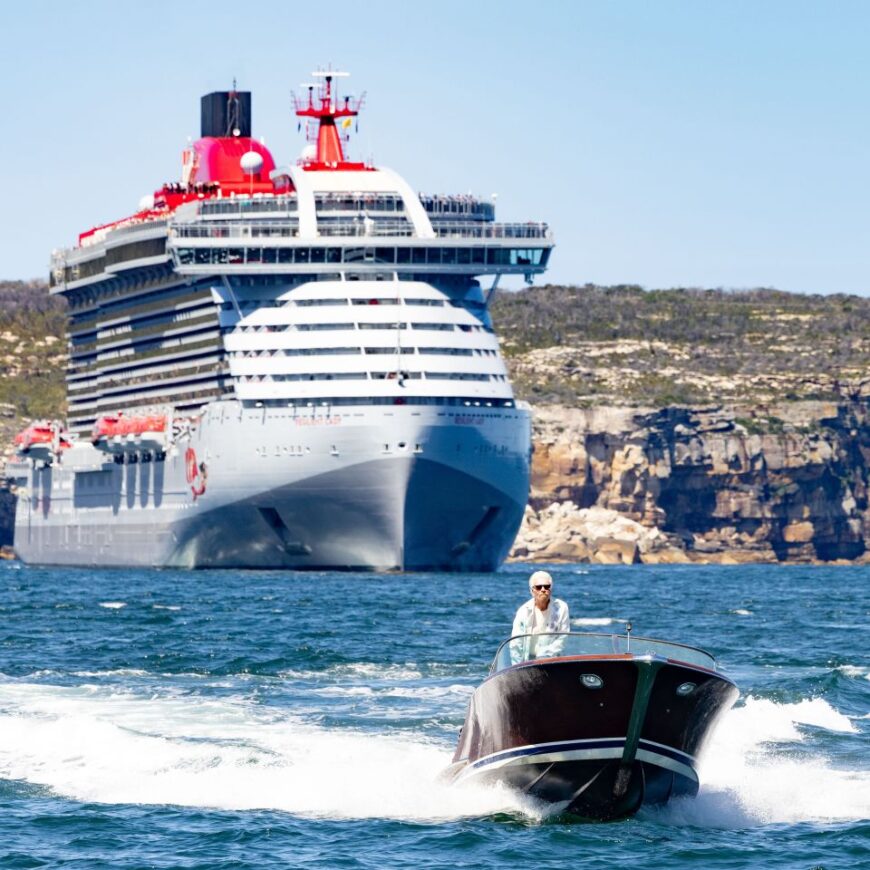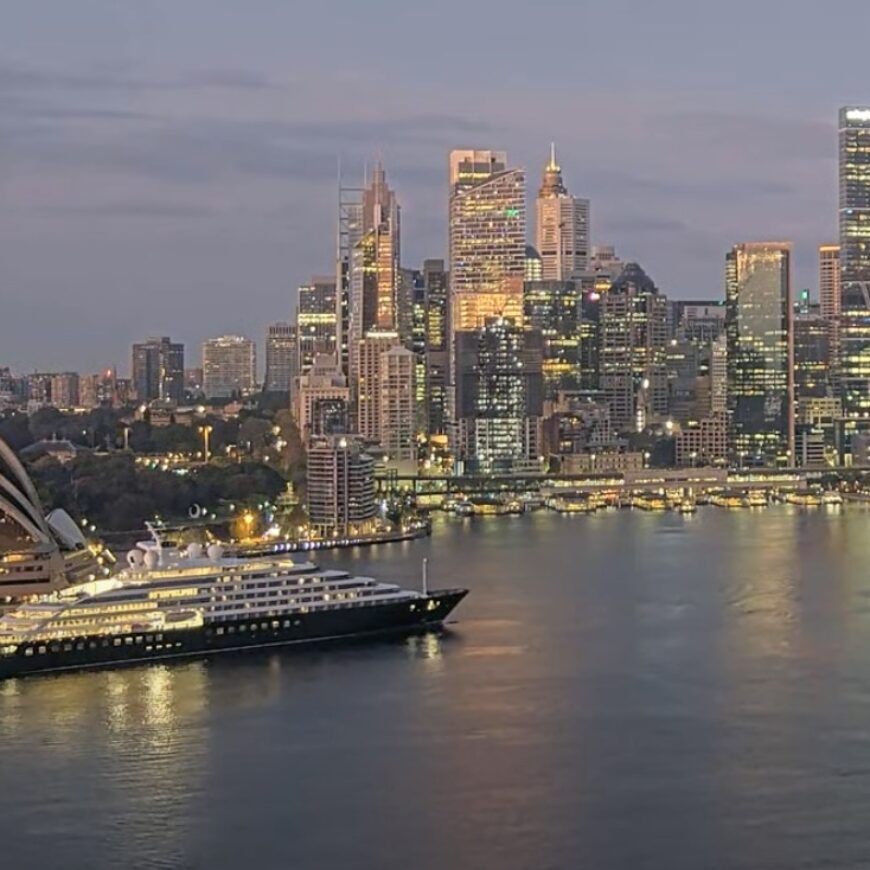A retirement at sea – does it stack up?
NewsMany dyed-in-the-wool cruise fans joke that they just about live on the water – but would you consider doing just that? As retirement approaches and, along with it, the need to explore options such as retirement villages, well-travelled consumers are imagining more enjoyable prospects such as retiring permanently aboard a cruise ship. With an estimated six million cruise passengers worldwide set to travel by ship this year who are aged between 60 and 74, it is no small potential market. In Australia, 29 per cent of cruisers are aged 66 and over.
Dollars and sense
If money is no object, permanent residence vessels such as The World or The Utopia beckon, with their no-holds-barred luxury on-board homes that tip seven or even eight figures to buy – and then require up to 10 per cent of the price in ongoing annual fees.
Crystal Cruises caused a sizable buzz last year when it announced its new and reportedly more affordable Residences at Sea. These 48 customisable apartments will be spread across three of their fleet, to launch no later than 2018. However, these have been aimed at the upper end of the market, too, for those looking for a second or holiday home, rather than a primary place of residence.
For most of us, the bottom line needs to stand up favourably against the costs of a retirement home, which presents initial costs of anywhere from $200,000 upwards into seven figures, depending on the included level of luxury and service, and ongoing costs such as a daily fee, currently starting from $48.25 in Australia (translating to $17,611 per year). Of course, for these starting prices, a retiree would be looking at basic retirement accommodations that cannot compare to a cruising lifestyle. In comparison, the daily cost of living at sea might be about $123 on Carnival, or $193 on one of Princess’s world cruises, based on twin share and depending on your cabin choice – and whether you can negotiate a discount. For argument’s sake, that works out at an annual starting cost of around $45,000 to live on a ship for a year, if there were no on-shore stays.
Making it happen
If you are ready to embrace the sea life for retirement, there are several ways to keep costs down. A good cruise agent can help narrow down suitable ships and cruise lines, especially focusing on those offering discounts for long bookings, early bookings and for seniors, naturally. Princess is the only cruise line to offer world cruises from Australia, while Cunard and P&O U.K. also offer lengthy world cruises. Seabourn offers discounts for frequent cruisers and those who combine voyages, with a 15 per cent saving on combined cruises.
With enough notice, an agent can also negotiate on your behalf for the best possible price, and even for such privileges as bringing on board your favourite comfy chair.
For those unafraid of a few logistical adventures, chasing the sales from ship to ship rather than staying on the one vessel lets you take advantage of low-season fares, two-for-one deals and so on. However, you will need to build in the costs of transfers and accommodation arrangements between cruises.
Even those wanting to settle on the one ship will need a ‘landing pad’ of some sort for when the ship is at port, receiving maintenance and having other passenger-free days. Rather than eschewing a home on land altogether, it may work better to switch a larger home for a basic apartment or pied-à-terre in your home port, depending on ongoing costs.
What if?
Speaking of logistics, a retirement at sea brings with it great distances: distance from family and friends, from your mail and banks, and importantly, from medical specialists. While so many vessels now carry state-of-the-art medical teams and equipment, it is always possible that a medical emergency will bring with it a logistical (and expensive) nightmare, with helicopter airlifts, foreign hospitals and insurance headaches.
Some of the very big advantages, however, combine the best of cruising with the best of retirement: 24-hour room service, and a constant holiday atmosphere that could never compare with that of a retirement home, along with a somewhat privileged standing with the crew and a regular turnover of potential friends boarding the ship, every embarkation. The constant change in scenery is something a retirement home could never rival.


